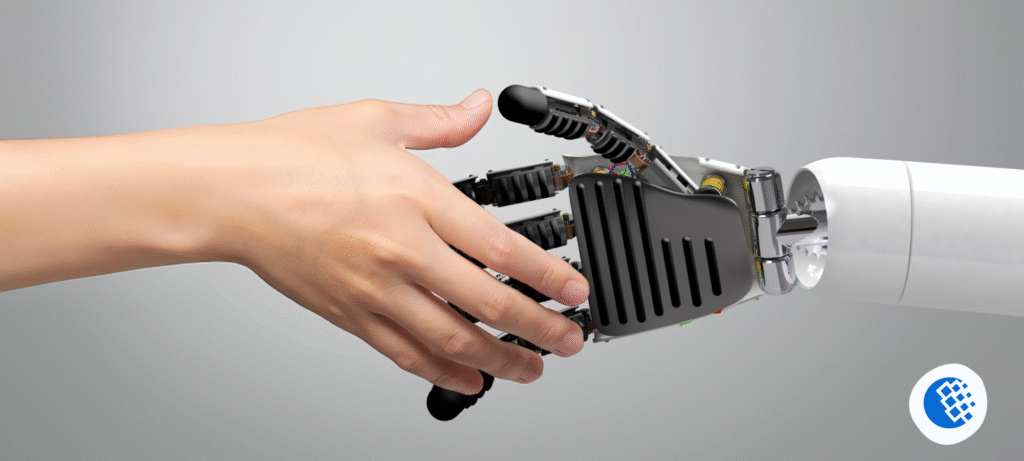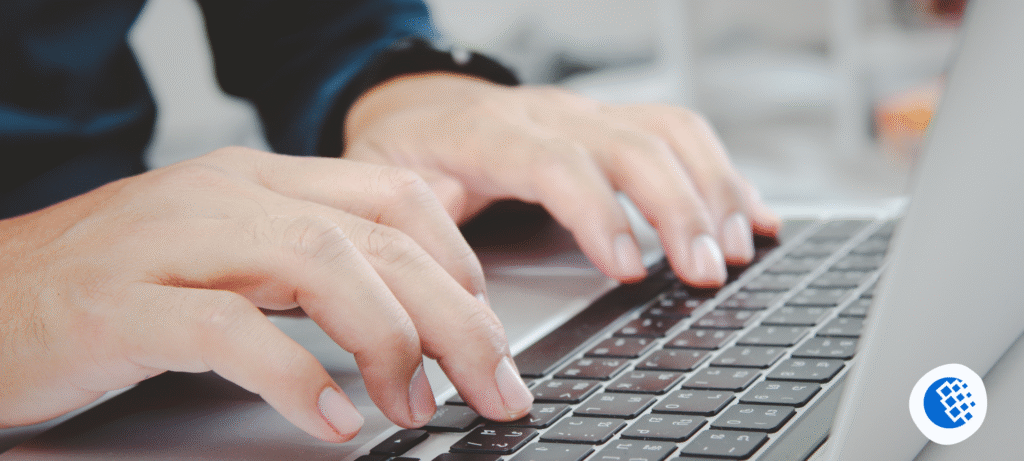In 2025, personal AI assistants are no longer science fiction—they’re an integral part of everyday life. From managing schedules and writing emails to generating content, learning languages, or even offering emotional support, AI tools like ChatGPT, Google Gemini, Claude, and Copilot are revolutionizing how we live and work.
But what’s behind the rapid rise of personal AI assistants? And how are they shaping the future?
Related: Find more Innovation News & AI Insights at DualMedia
What Is a Personal AI Assistant?
A personal AI assistant. is an advanced digital tool powered by artificial intelligence, designed to understand natural language, perform tasks, and provide support in real time. Think of it as your virtual co-worker, research buddy, coach, and productivity booster—rolled into one.
Popular examples include:
- ChatGPT (by OpenAI) – Writing, coding, creative tasks
- Microsoft Copilot – Built into Office tools like Excel and Word
- Google Gemini – A powerful assistant integrated across Google apps
- Apple Intelligence (coming with iOS 18) – Personal tasks and Siri upgrades
Key Ways AI Assistants Are Changing Our Lives
1. Boosting Productivity at Work
- Automate repetitive tasks (emails, summaries, presentations)
- Code faster with fewer errors using AI copilots
- Schedule meetings, take notes, and generate reports instantly
Impact: Professionals save hours weekly and focus more on strategy, creativity, and decision-making.
2. Helping with Learning and Personal Growth
- AI tutors help students grasp complex topics
- Language learners practice in real time
- Personalized study plans, test prep, and essay feedback
Impact: Education becomes more personalized, accessible, and efficient.
3. Supporting Mental Wellness
- Some AI assistants now offer basic emotional support:
- Daily journaling prompts
- Meditation and habit trackers
- Mood check-ins and affirmations
Note: While not a substitute for therapy, AI can support wellness routines.
4. Powering Creativity and Side Hustles
- Generate music, blog posts, scripts, or business ideas
- Design logos, edit videos, or create social media content
- Launch an e-commerce store with AI product descriptions
Impact: Anyone can build or grow a personal brand with minimal resources.
The AI You Carry in Your Pocket
With mobile integration, personal AI is now on-the-go:
- Voice commands replace typing
- Offline access for travel or privacy
- Custom personas allow you to create an assistant with a specific tone or skill set
Apple, Samsung, and other manufacturers are also embedding AI at the chip level, boosting speed and privacy.
The Challenges
- Privacy & Data Use: How much does your assistant know about you?
- Overreliance: Are we outsourcing critical thinking to AI?
- Bias and Errors: AI may hallucinate or reflect biased data
Best practice: Use AI as a co-pilot, not a replacement for judgment.
The Future of Personal AI
In the near future, we can expect:
- Emotionally intelligent AI that understands tone and mood
- Multimodal assistants (text, voice, image, video integration)
- AI-powered hardware like glasses, earbuds, and home robots
Final Thoughts
The rise of personal AI assistants is transforming how we work, learn, and interact with technology. These digital partners help us do more, faster—but the real power lies in how we use them.
As AI becomes more integrated into everyday life, those who learn to collaborate with their assistant -not just rely on it – will lead the way in productivity, creativity, and innovation.





